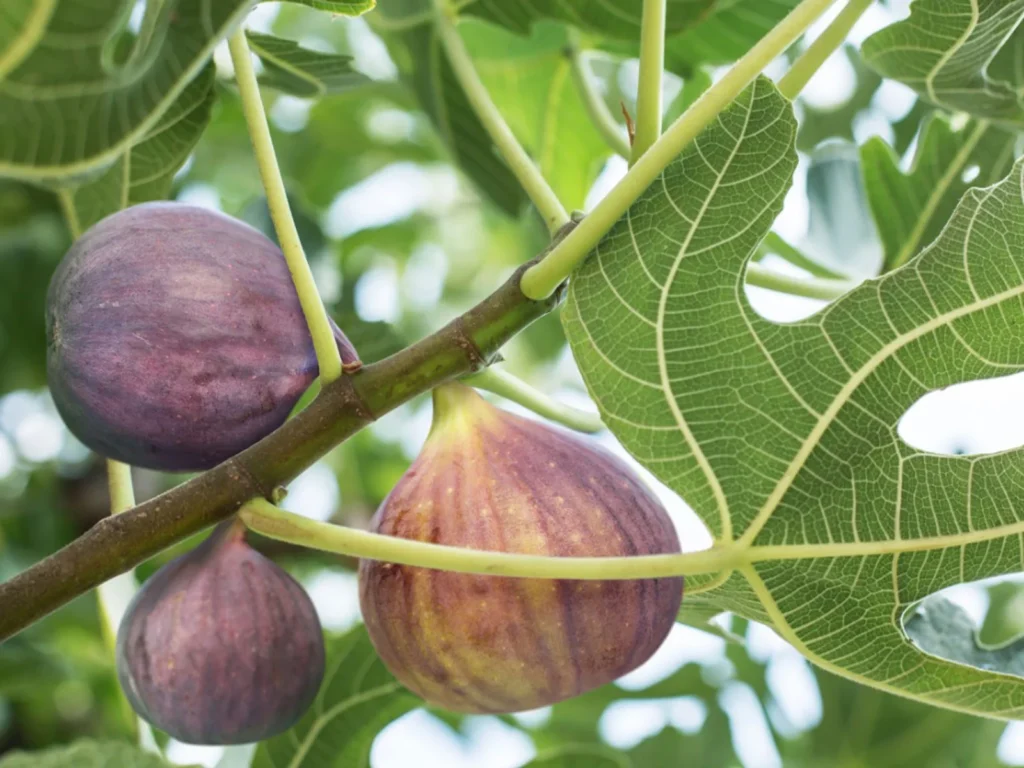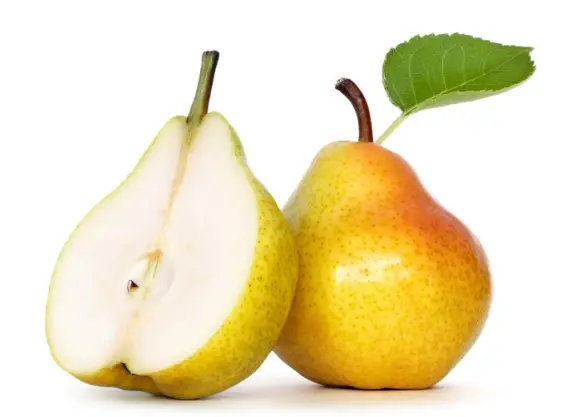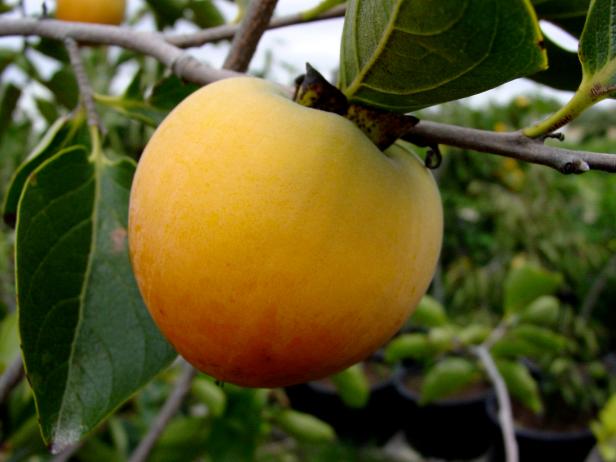Blueberries are tiny fruits famous for their sweet flavor and health benefits. But have you ever wondered if they are tropical fruits?
In this guide, we’ll cover what makes a fruit tropical, where blueberries come from, the kind of weather they like, what nutrients they have, their health advantages, how to cook with them, how to pick the perfect ones, how to keep them fresh, and fun facts about these delicious berries.
Table of Contents
- What Are Tropical Fruits?
- Features of Tropical Fruits
- Are Blueberries Tropical?
- The Roots of the Blueberry
- What Weather Do Blueberries Need?
- What’s in Blueberries?
- Why Are Blueberries Good for You?
- Ways to Enjoy Blueberries in Meals
- Favorite Blueberry Dish Ideas
- How to Pick the Best Blueberries
- Keeping Blueberries Fresh
- Fun Blueberry Facts
- Wrapping It Up
- Frequently Asked Questions
- Are blueberries high in sugar?
- Can blueberries help improve memory and cognition?
- Can blueberries be grown in containers or pots?
- Are wild blueberries different from cultivated blueberries?
- Are blueberries safe for dogs to eat?
What Are Tropical Fruits?
Tropical fruits are a group of fruits that grow best in the hot and wet areas around the equator. These places get a lot of rain, have high temperatures, and the soil is very fertile. Tropical fruits are famous for their bright colors, interesting tastes, and health benefits.
Features of Tropical Fruits
Most tropical fruits are juicy and soft, and they can taste sweet, tangy, or even exotic. They are also full of vitamins, minerals, and antioxidants, which are good for your well-being.
Are Blueberries Tropical?
No, blueberries don’t fit in the tropical fruit category. Instead, they are temperate fruits. They are popular worldwide but grow in cooler parts of the globe rather than hot, tropical areas.
The Roots of the Blueberry
Blueberries come from the North American northeast, where they have been valued by Native American tribes for ages because of their useful nutrients and uses in medicine.
What Weather Do Blueberries Need?
Blueberries flourish in cooler places. They like summers that aren’t too hot and soil that drains well and is slightly acidic. These plants also have to sleep during the winter; this is why they do best in temperate climates.
What’s in Blueberries?
These berries come with lots of nutrients but don’t have many calories. You’ll find fibers, vitamins like vitamin C, K, and B vitamins, and minerals like manganese and copper in them. They’re particularly full of antioxidants called anthocyanins, which give blueberries their blue color.
Why Are Blueberries Good for You?
Eating blueberries can help your brain, your heart, and lower the chances of getting long-lasting diseases like cancer. They can reduce inflammation and boost your immune system too.
Ways to Enjoy Blueberries in Meals
There are so many ways to eat blueberries. You can snack on them straight away, mix them into cereal, add them to smoothies and yogurt, bake them into treats like muffins, or add them to savory dishes, salads, and sauces.
Favorite Blueberry Dish Ideas
- Fluffy Blueberry Pancakes with Maple Syrup
- Refreshing Mixed Greens Salad with Blueberries and Goat Cheese
- Zesty Lemon Blueberry Muffins
- Creative Blueberry and Brie Grilled Cheese
How to Pick the Best Blueberries
Look for blueberries that are firm, full, and bright blue. Avoid any that are soft, wrinkled, or moldy. Also, shake their container a little to see if they move around easily; if they don’t, they might be sticky or spoiled from moisture.
Keeping Blueberries Fresh
To keep blueberries fresh, cool them in a container or a bag with holes. Don’t wash them until you’re ready to eat them, because water can make them go bad faster.
If you have a lot of blueberries, you can freeze them to eat later. Spread them on a tray, freeze them until they’re solid, and then move them to a bag or container that you can put in the freezer.
Fun Blueberry Facts
- Blueberries are part of the Vaccinium plant family, which includes cranberries and bilberries.
- The USA grows more blueberries than any other country, and Canada comes second.
- Blueberries have a natural shiny layer called bloom, which helps keep them fresh.
Wrapping It Up
So, blueberries are not tropical fruits; they are temperate ones. They love cooler weather and they have tons of health perks.
You can enjoy blueberries fresh, in delicious recipes, or save them for later. They’re a tasty and healthy choice that adds flavor and color to your food. Try them out!
Frequently Asked Questions
Are blueberries high in sugar?
While blueberries have some natural sugar in them, they don’t have as much sugar as many other fruits. They’re a smart pick for anyone trying to eat less sugar.
Can blueberries help improve memory and cognition?
Researchers have looked into how blueberries might help our minds. It turns out, the good stuff in blueberries, like antioxidants and plant compounds, might help your brain work better, possibly helping with memory and thinking skills.
Can blueberries be grown in containers or pots?
Yes, you can grow blueberries in containers or pots. Go for types that don’t get too big and are okay with growing in a pot. Make sure they get enough light, water, and the right kind of acidic soil to grow well.
Are wild blueberries different from cultivated blueberries?
Wild blueberries usually are tinier and taste stronger than the ones farmers grow. They often have more of the good-for-you antioxidants, too. But in terms of health benefits, wild and farm-grown blueberries are pretty much the same.
Are blueberries safe for dogs to eat?
Sure, dogs can have blueberries as a tasty snack. They have few calories but lots of helpful antioxidants. Giving them to your dog in small amounts can be good for them. But it’s always best to ask your vet before you start giving your dog new food.









